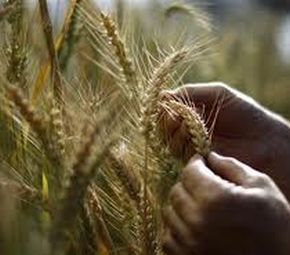 Prime Minister Narendra Modi has made it clear that the agreement on food security and trade facilitation will have to go hand-in-hand.
Prime Minister Narendra Modi has made it clear that the agreement on food security and trade facilitation will have to go hand-in-hand.
"Agreement on food security and trade facilitation will have to go hand-in-hand," Modi said while addressing the Council on Foreign Relations.
India had been saying that it will not compromise the interest of poor farmers and consumers at the World Trade Organisation (WTO).
It has sought complete resolution of the foodgrain stockpile issue, which is essential for unhindered implementation of the country's food security programme. India's tough stand had led to collapse of the WTO Geneva talks recently.
US Secretary of State John Kerry and Commerce Secretary Penny Pritzker have held series of meetings with Indian leaders including Finance Minister Arun Jaitley and Commerce Minister Nirmala Sitharaman to persuade New Delhi to agree to dilute its tough stand.
India had decided not to ratify WTO's Trade Facilitation Agreement (TFA), which is dear to the developed world, without any concrete movement in finding a permanent solution to its public food stock-holding issue for food security purposes.
India has asked the WTO to amend the norms for calculating agri subsidies in order to procure foodgrains from farmers at minimum support price and sell that to poor at cheaper rates without attracting any penalty in the WTO.
The current WTO norms limit the value of food subsidies at 10 per cent of the total value of foodgrain production. However, the support is calculated at the prices that are over two decades old.
There are apprehensions that once India completely implements its food security programme, it could breach the 10 per cent cap. Breach of the cap may lead to imposition of hefty penalties if a member country drags India to the WTO.










